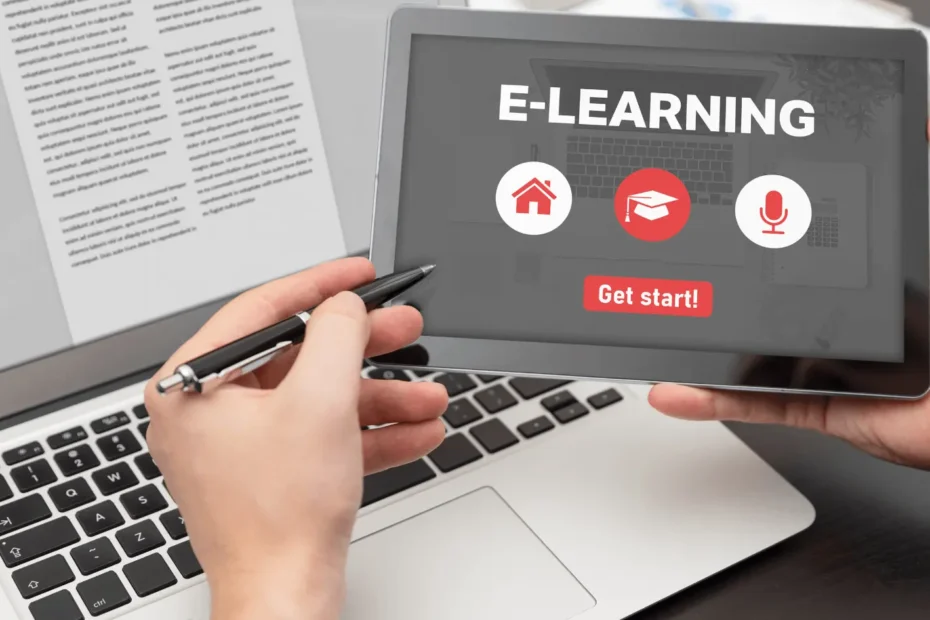How to Study Effectively: Mastering the Art of Learning
In today’s fast-paced world, learning efficiently is more critical than ever. Whether you’re a student preparing for exams, a professional acquiring new skills, or a lifelong learner diving into a new subject, knowing how to study effectively can make all the difference. Here’s a comprehensive guide to help you maximize your study sessions.
1. Set Clear Goals
Before you begin studying, define what you want to achieve. Are you preparing for a specific test? Do you want to understand a concept deeply? Setting clear, measurable goals helps focus your efforts and track your progress. Use the SMART criteria: goals should be specific, measurable, achievable, relevant, and time-bound.
2. Create a Dedicated Study Space
Environment plays a significant role in productivity. Designate a quiet, organized, and comfortable area for studying. Ensure it is free from distractions like unnecessary noise or clutter. Having all your materials within reach can help you stay focused and avoid interruptions.
3. Adopt Active Learning Techniques
Active learning encourages engagement and retention. Instead of passively reading or highlighting text, try:
- Summarizing what you’ve learned in your own words.
- Teaching the material to someone else.
- Practicing retrieval, such as testing yourself on key concepts.
- Using mind maps or diagrams to organize information visually.
4. Prioritize Time Management
Time management is crucial for effective studying. Break your study sessions into manageable chunks, such as 25-minute intervals using the Pomodoro Technique. Allocate specific times for breaks to recharge your mind. Create a schedule that balances study time with other responsibilities and leisure activities.
5. Understand Your Learning Style
Everyone has a unique way of processing information. Identify whether you’re a visual, auditory, reading/writing, or kinesthetic learner, and tailor your study methods accordingly. For instance:
- Visual learners may benefit from charts and videos.
- Auditory learners can use podcasts or discuss concepts aloud.
- Reading/writing learners might excel with notes and written summaries.
- Kinesthetic learners should incorporate hands-on activities or movement-based learning.
6. Use Technology Wisely
Digital tools can enhance your study sessions. Use apps like Quizlet for flashcards, Evernote for note-taking, or Focus@Will for productivity music. However, avoid falling into the trap of excessive screen time or multitasking, as this can hinder concentration.
7. Stay Healthy
Your physical and mental well-being significantly impact your ability to study. To stay sharp:
- Eat nutritious meals that fuel your brain.
- Exercise regularly to boost energy and reduce stress.
- Get enough sleep, as it is essential for memory consolidation.
- Practice mindfulness or relaxation techniques to manage anxiety.
8. Review and Reflect
Periodic review reinforces knowledge and identifies areas needing improvement. Schedule time to revisit previous material and assess your understanding. Reflection also helps you evaluate what study methods are working and what needs adjustment.
9. Join Study Groups
Collaborative learning can provide new insights and keep you motivated. Join a study group to exchange ideas, clarify doubts, and stay accountable. Ensure the group remains focused and productive.
10. Reward Yourself
Positive reinforcement keeps you motivated. Celebrate your achievements, big or small. Reward yourself with a treat, a short break, or something you enjoy after completing your study goals.
